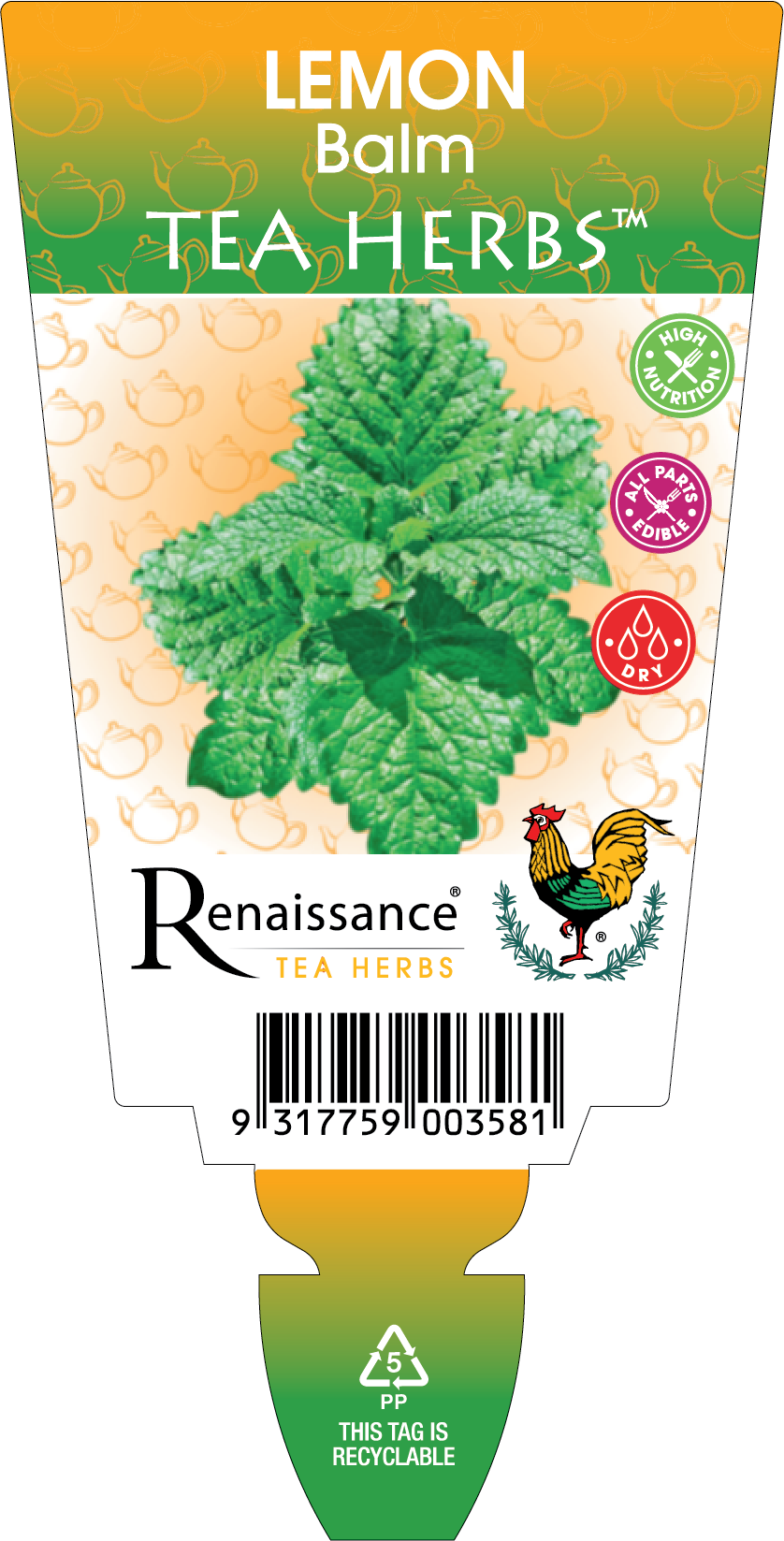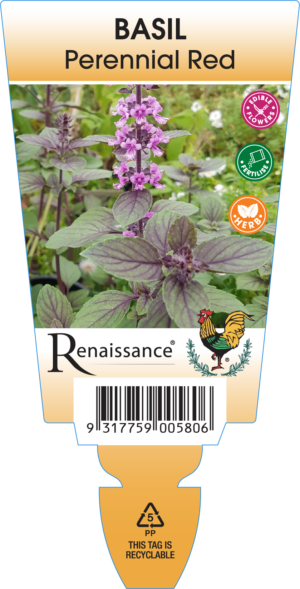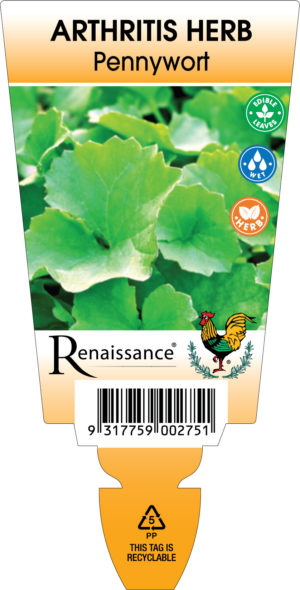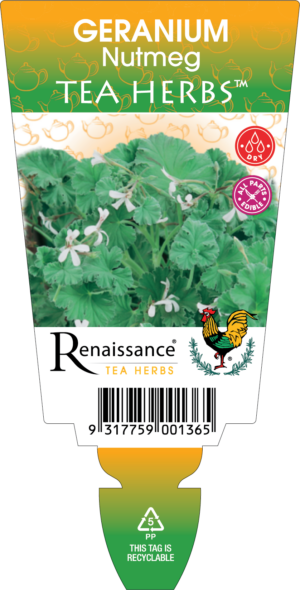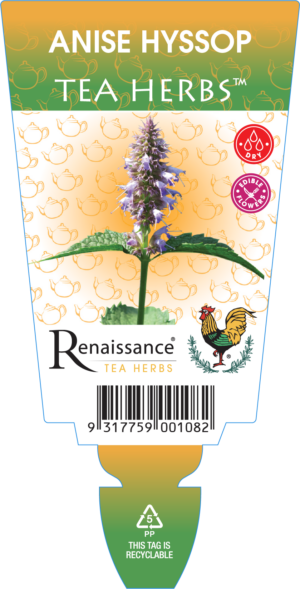Description
(Melissa officinalis)
Lemon balm (Melissa officinalis), a member of the mint family, is considered a “calming” herb. It was used as far back as the Middle Ages to reduce stress and anxiety, promote sleep, improve appetite and eases pain and discomfort from indigestion (including gas and bloating as well as colic). Even before the Middle Ages, lemon balm was steeped in wine to lift the spirits, help heal wounds and treat venomous insect bites and stings.
Growing Tips
Lemon balm is a pretty plant that prefers rich moist soil and partial shade. It can tolerate direct sunlight but plants grown in shade tend to be larger and more succulent. It is related to mint in appearance, but it is not as invasive and easier to control. A clump-forming herbaceous perennial with heart shaped, deeply veined leaves that are covered with stiff hairs.
Use
Because of its delicate lemon flavour, lemon balm has a wide culinary potential. Apart from using fresh leaves as an attractive garnish, Chopped fresh leaves can be used to add zest to sweet or tangy dishes. It combines well with allspice, bay leaves, mint, pepper, rosemary and thyme. Fresh herbs with essential oils, however, are less potent and should be added at the end of cooking. A wonderful addition to fruit salads, green salads, herb butters, fruit drinks, sorbets. It can also be used in egg dishes, custards, soups and casseroles. It works well in stuffings for poultry,lamb or pork. Its subtle flavour is a perfect for sauces and marinades for fish.
Medicinal Uses and Indications:
Insomnia and anxiety
Several studies have found that lemon balm combined with other calming herbs (such as valerian, hops, and chamomile) helps reduce anxiety and promote sleep. Few studies have examined lemon balm by itself, except for topical use. For example, in one study of people with minor sleep problems, those who took a herbal combination of valerian and lemon balm reported sleeping much better than those who took a placebo. But it’s not clear from this and other studies whether it is lemon balm or valerian (or the combination) that were responsible for the result.The same is true of several studies for anxiety, which used a combination of herbs to reduce symptoms.In another double-blind, placebo-controlled study, 18 healthy volunteers received two separate single doses of a standardised lemon balm extract (300 mg and 600 mg) or placebo for 7 days. The 600 mg dose of lemon balm increased mood and significantly increased calmness and alertness.
Other uses
Some evidence suggests that lemon balm, in combination with other herbs, may help treat indigestion. A few studies have found that lemon balm may help improve cognitive function and decrease agitation in people with Alzheimer’s disease.
Herb Attributes
| Harvest | When needed. |
|---|---|
| Position | Full to Part Sun |
| Height | 60cm |
| Width | 50cm |
| Lifespan | Perennial |

